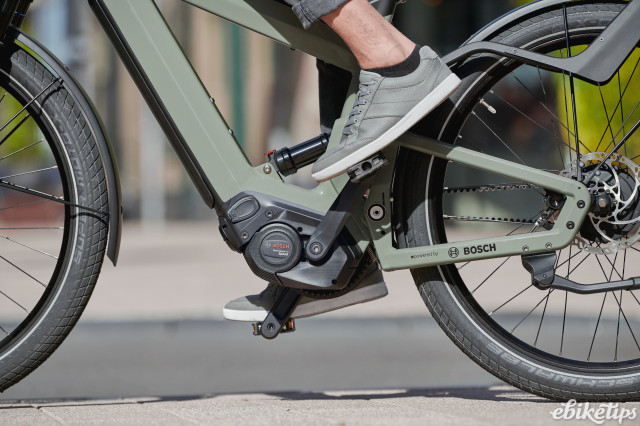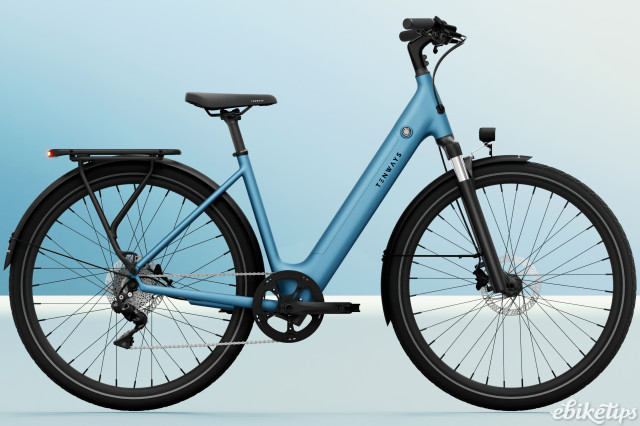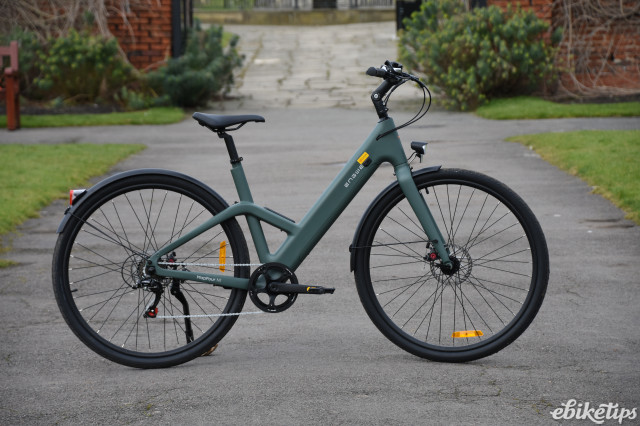E-bikes currently account for around 17 per cent of European bicycle sales, but Bosch predicts that will rise to 50 per cent within the next few years.
A report in February concluded that “ever-increasing demand” for e-bikes was helping the bike industry recover rapidly from the impact of Covid-19 and that interest shows no sign of abating.
“From our prediction, in the next three to four years, every second bike in the European core markets should be an e-bike,” Claus Fleischer, chief executive of Bosch eBike Systems, told the FT.
There were 4.5m e-bike sales in Europe in 2020 – a 34 per cent increase on 2019.
Many countries saw 40 per cent growth in sales last year and while Fleischer can’t see that lasting, he sees no reason why the industry won’t sustain pre-pandemic annual growth levels of 20-25 per cent.
“We take away all the excuses of why not to cycle,” he explained. “If you take the excuses away, then people like to cycle longer and further.”
E-bikes’ share of the bike market is perhaps not even the right comparison with some predicting that they will outsell cars in Europe within a decade.
“The e-bike is by far the most sold electric vehicle on the European market,” points out Manuel Marsilio, general manager of the Confederation of the European Bicycle Industry.
Here in the UK, e-bike sales have more than doubled during the pandemic and Halfords recently highlighted a 94 per cent rise in demand for e-bikes, e-scooters and accessories as being a key element underpinning a rise in sales over its last financial year.
The retailer did however warn that supply challenges for cycling products remain “acute”.
Fleischer said that component shortages had not yet interrupted Bosch production, but said it could have an impact later in the year.






